Cena Con Colegas
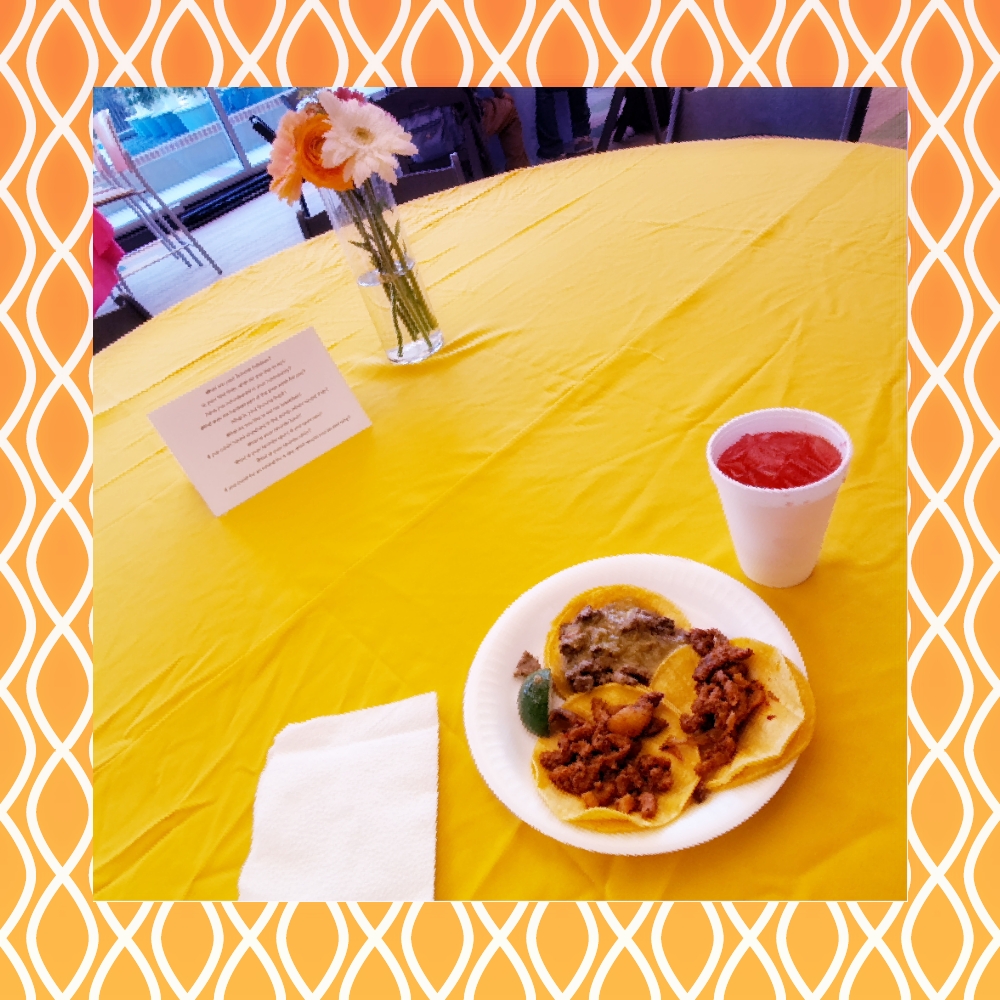
Visual Credits: Tommy Correa
Greetings a todos ustedes. Mil abrazos. Esta es la historia riquísima de una cena tan deliciosa que explotaría Gordon Ramsay.
On Wednesday, April 26, 2023, UCLA’s Chicanx/Latinx Living Learning Community (LLC) presented its first-ever Cena con Colegas. Per the official flier advertising the event, the purpose of the dinner was for students to “network with Latinx alumni and professionals from diverse career fields.”
The event was located in the Sproul Living Room, both inside and outside on the deck. Adentro se podía escuchar las palabras suavecitas de los Ángeles Azules y como quieren besar los labios rojos de una amorcita ya ida. Por fuera, ay, cómo me pegó el olor riquísimo de los tacos. Cómo temblaban las rodillas al oler los tacos de pollo, asada, puerco, y vegetal. No lo conozco el Kike de Kike’s Tacos pero ahora quiero que sea mi compadre.
That savory smell coming from the tacos combined with the La Sonora Dinamita telling us of sus escandalos made me feel so at home. While in line for tacos, I peered around at all the dark hair, nose bridges, and various features of those in attendance. Although we do not all look the same, seeing other Latines felt like basking under the golden glow of the sun in the dead of winter. Sometimes I forget what it’s like to be surrounded by people that I share features with. Being at UCLA has really highlighted my differences, but at that dinner I could simply exist without worrying about someone antagonizing those differences. It was a moment in which I could take a break from playing cultural studies teacher to non-Latine students.
Unsure of what exactly I was supposed to be doing, I began a short conversation with Professor Carpio. I took her freshman fiat lux during winter quarter, Disneylandia: From the Three Caballeros to Encanto. It was a lovely class all about Disney’s portrayal of Latines, truly engaging. Anyway, she informed me that the tables with labels outside were for a mixer following dinner. Students in attendance would have the opportunity to meet with Latine alumni based on their majors and interests. Some of the tables out there were Undocumented Student Program, Entertainment/Arts, and Law/Policy.
Following our brief conversation, I ventured over to a table on the far side of the room and sat down with my two tacos de puerco, taco de asada, and agua de fresa. With eyes lain upon some flowers in a jar, I naturally began to think of how I could take the centerpiece out of the room with me when I left. Sadly, I was told that centerpieces were not allowed to be taken. Se quebró el pobre corazón un poco al escuchar esa tristeza. My cousin called me ghetto later on when I told her, but I assure you all that I was not the only one trying to take a centerpiece. During a follow-up interview, I learned of a girl at the event that had already hidden the centerpiece under the table by her leg.
It was in that moment at that table that I was struck with an idea brilliant like the sun: let’s not just sit here and watch the event; let’s turn this into a story. Following that meteor strike of an idea, I began taking note of everything happening, and it dawned on me that I would need to get in the crowd and solicit the stories of those in attendance. I tell you all this, because some parts of this story may be missing. Por favor no me ataquen.
Before getting to Human Bingo, Carina Salazar, a first-generation professional, spoke to us. Her main message to us all is: PUT OURSELVES OUT THERE. It is about neither money nor achievements but the success we find. Something that stood out to me was what she said about her darkest moments. It was during those moments that she was able to find her true self.
Soon Miss Mildred of the Career Center came and sat with me at my table. She taught me what Human Bingo meant. I thought I was supposed to mark off the things that applied to me, but really I was supposed to be asking other people if the statements applied to them. Moving on, she asked me about my time at UCLA so far and about which cultural holiday I celebrate. The holiday part was on the bingo card. I told her about the ofrendas my family makes for Día de los Muertos and how going to Jalisco on Día de los Muertos was a lovely little experience. I, then, learned that both of our families come from Jalisco.
I appreciated having Miss Mildred come to me and converse with me even if it was briefly. It made the Career Center seem more personal compared to being an abstract concept. Now I know that the Career Center is composed of actual humans, and I met someone who has family from the same Mexican state.
As the event went on, I wandered over to the Career Center’s table where I found Assistant Director Andre Philippo. Going to the students was a vital move in Philippo’s opinion. With such a large campus and all its different parts, it makes it easier for students to utilize the Career Center’s services when they seek out students instead of waiting hidden away in a far-away office. Personally, I agree with Philippo. It can get overwhelming trying to navigate the offerings of UCLA.
As I was searching for people to interview, I saw the boxes of pan dulce out and ready to be served on the deck. They had not just conchas but ojos de guey, cuernitos, elotes, pan de muerto, y más. Oh, how weak in the knees I became. Food can make or break an event, and the food they had that night fastened me in. Anybody that knows me knows I love to get down in the dining room, and that elote had me seeing stars. Les digo. The hosts were so generous with the food, and I loved that. I can never go to a family member’s house without being bombarded with food. Except one tía. She never has food in her house.
Anyway, on the deck I found Daniel González, first-year student from Santa Ana, California. When asked about the transition to UCLA as a Latino student, he answered, “For me, like, at first it was a little hard.” Being in the LLC has eased him along this transition, he notes. He does not see many Latines in the lecture halls, so it has been crucial that he explore in order to find the various programs on campus to connect with other Latine students. Beyond the realm of UCLA, it is much easier to find Hispanics, and it’s not all that different from his hometown.
Later, I targeted Alejandro Ojeda, the Resident Assistant for those living in the LLC. Alejandro noted that the LLC feels like one of the only resources for Latine students on campus. Cena con Colegas is important to him, because it grants current Latine students the opportunity to not just envision their future selves but to see them in the flesh. This right here is the representation that is very important to Alejandro. He wants students to know that they can make connections in the world of work.
In line for pan dulce, I found Damian Valle and Catalina Cruz, both first-year students. For Damian, the transition to UCLA was a little hard at first. Living in the LLC has been a godsend to them both. Catalina rarely sees other Latine students unless they’re also in the LLC or part of a Latine club. Being around so many students of different backgrounds brings in new perspectives, but it is still nice to hold on to our roots. The interview ended when Mr. Idriss arrived just for the food, and Damian jokingly scolded him for it.
The event was advertised as being from 6PM to 8PM, but it was not over at 8PM. At that time, students, alumni, and staff were still mingling about y platicando. It wasn’t until 8:37PM that the music ended, but nevertheless people remained in the room.
Inside, I found UCLA alum Stephanie, just Stephanie, as she was about to start cleaning. “Let’s walk over here,” she said as she went about the room. This was an interview on the go. We love her dedication. With so many campus partners wanting to be involved, Stephanie hopes that Cena con Colegas becomes a yearly event, also noting that it was advertised as the “first annual” dinner. The overall purpose of events like Cena con Colegas is to retain Latines in higher education and the workforce. It is important that all feel supported during such a tribulating time as college.
In the end, I reconvened with first-year student Ana Luviano after we had signed bingo cards earlier. This time we met with bread. According to Ana, events like Cena con Colegas help Latine students feel at ease at UCLA. When speaking of the availability in Westwood of the foods of her culture, Ana recalls not being able to find champurrado. That truly put a damper on her spirits. In her sociology major, she does feel seen though, saying that it is very broad in terms of ethnic backgrounds. Our little interview ended with a very vibrant conversation about fire alarms and the aforementioned lack of champurrado on bleak and wearisome rainy days in Westwood.
It was not until almost 9PM that the last attendees left. Almost a whole hour after the event was supposed to end. I really enjoyed that special touch of the event going over its time. It really layered on top of the food, music, and Latine urge to snatch the centerpieces to seal Cena con Colegas as an official Latine event.
As a Latino student, that dinner gave me something I really needed. I am not only referring to restoring my sense of belonging but also a mutual understanding of feeling like I’m on an island at this school. Como han dicho los otros estudiantes, not seeing many Latines at UCLA can feel isolating at times. We feel out of place.
NOW, READER BEWARE:
Not all Latines have had the same UCLA experience.
These are only a few stories to share.
Let’s continue.
Following Cena con Colegas, I had the privilege of conducting an interview with one of the women behind this whole event, Sproul Hall Resident Director Damaris Sánchez. The conversation began with simple personal questions and progressed toward questions centered around Cena con Colegas and the future of UCLA as a Hispanic Serving Institution (HSI). Below are the highlights of that interview.
Damaris Sánchez went from the mix of Latines and African-Americans of Inglewood, California to the University of California, Santa Barbara. Being there, she wondered how she would fit in and find her people. Let’s make some connections, now, children. This is something that several attendees that night reported having experienced here at UCLA as well. Different UCs, same experiences.
What helped her was finding her “femtor” (a woman mentor) through a four-year internship. This guiding star in her life introduced her to new opportunities and encouraged her to tread on during her journey. Her femtor cared deeply about the students, and this is the figure Sánchez wishes to be for the students of UCLA.
Speaking on the event, Sánchez explained the thought process behind it. As a community of immigrants and their descendants, it is important that Latines support each other. Think of it like an arch. If one piece falls out, we will all crumble together. That is why a local taquero was hired for this event, to go full-circle and support the community. Now, back to the main topic at hand. “There’s not, like, really programming tailored to our identity,” Sánchez commented. There is not enough programming out there that is “sensitive to our culture.”
A big part of this event is having someone to talk to. First-generation students are… first-generation. They do not have the same resources as more privileged students, she noted. That is why this dinner was so important to her. To be there for first-gen students when they feel alone as well as help them find a path to their end goals. Setting goals and seeing your future self is only one component to this whole journey to success. At times, it can be confusing and uncomfortable trying to figure out which step is the right one.
Además, this dinner was more than just networking and letting the greater UCLA community know that we, Latines, exist on this campus. It was also about teaching Latine students how to thrive in the workforce. Another thing Sánchez touched base on was self-advocacy. She hopes that these events teach students how to fight for themselves and to “self-advocate when we get our initial offer.” This goes back to the end goal of retention.
When asked if she thought of this as a success, Sánchez said yes. Rather than kick everyone out at 8PM, she allowed everyone to continue their conversations. She was elated to see everyone taking advantage of this opportunity to mix and mingle. As long as people got at least one new connection, Cena con Colegas served its purpose.
Everything about this event was intentional. The room and the deck were adorned with such vibrant colors with pinks, greens, yellows, and blues. Papel picado spanned between pillars, tablecloths with snatch-worthy centerpieces, and cempasuchil hung in the air. Those savory, savory tacos, delectable aguas frescas, and pan dulce sweeter than a dream come true. The señora era music. It was all curated to foster a safe environment for Latine students. Sánchez thought back to her own childhood family parties and all that went on at them. Her hope was to replicate that here and lower any walls that students may have put up.
On the topic of UCLA becoming a Hispanic Serving Institution, she does
hope that it becomes one. This would provide essential funding that would go into hosting more events like this and possibly a Latinx Resource Center. She loves to see her people thriving here at UCLA and takes part in such events as Noche de Cultura and Pupusas y Pláticas. With this funding, more cultural events would showcase the colorful array of Latine cultures in all their forms that go unseen here at UCLA.
Also! Sánchez wishes to address the issues within the Latine community, such as the stigma surrounding mental health. She understands that we are not just students, and our issues do not end with our last class. It is important that the members of this community receive support in all aspects of their lives.
Now, I refuse to let this be another article about how being a minority at UCLA has filled my minority life with minority woe. Rather, it is a testament of our times. Let this zesty little work of mine be another reference piece for the Latine Bruins of the future.


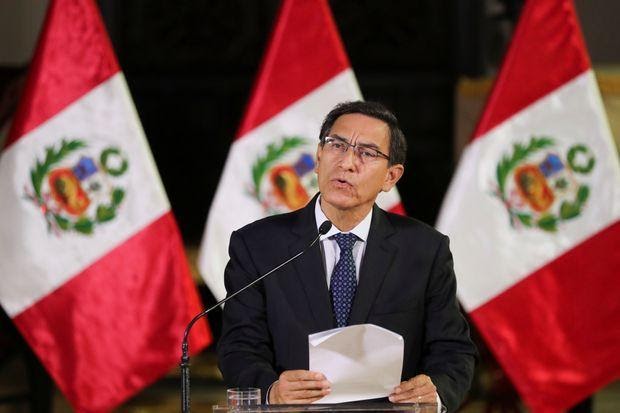
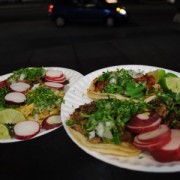
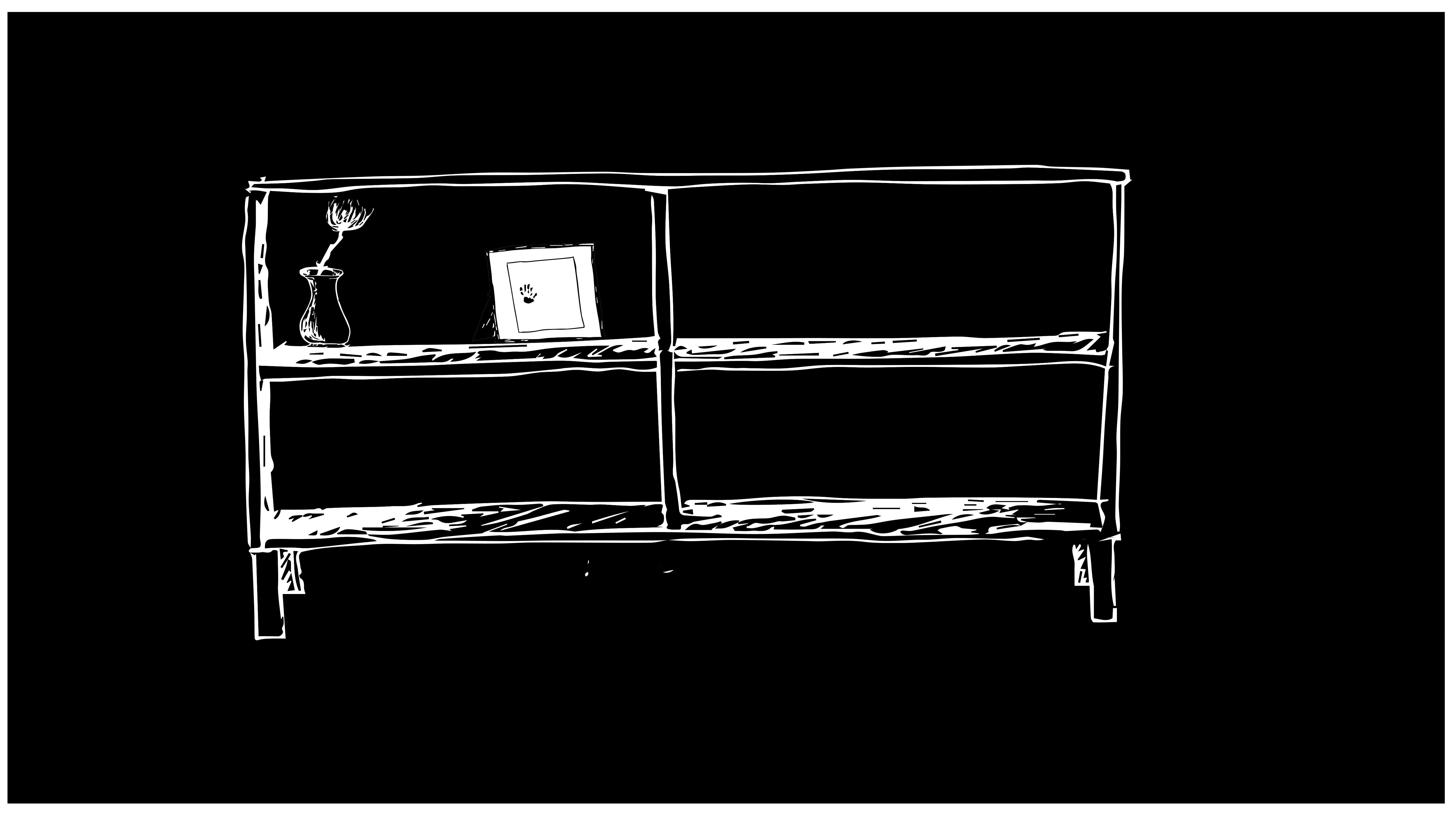
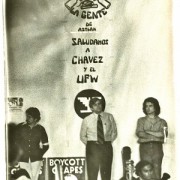



Leave a Reply
Want to join the discussion?Feel free to contribute!